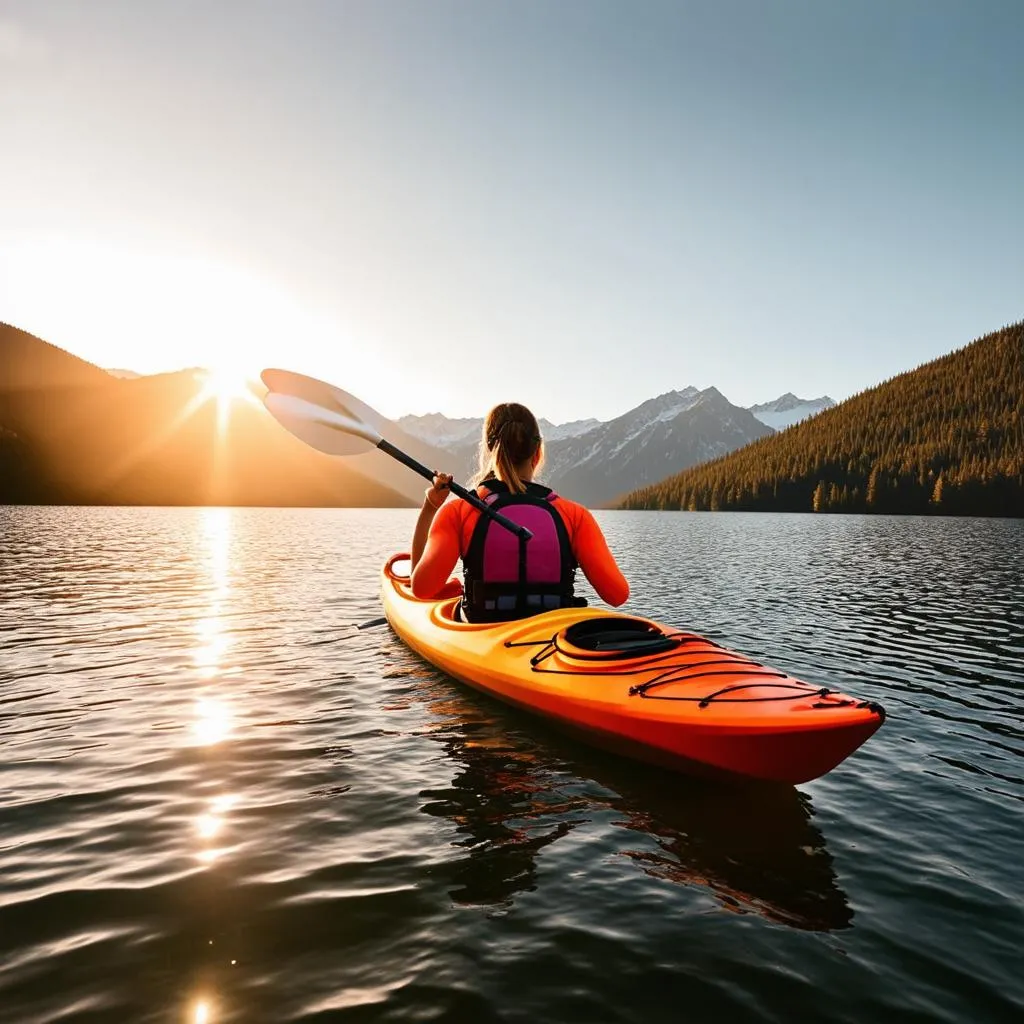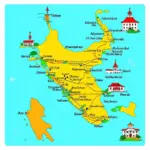Have you ever dreamt of exploring bustling foreign cities, getting lost in the beauty of ancient ruins, or indulging in exotic cuisines? Imagine yourself confidently navigating through your dream destination, engaging with locals, and truly immersing yourself in the experience. The key to unlocking this dream is mastering the art of travel English.
Don’t worry, you don’t need to be a linguist! With a little preparation and the right phrases, you can handle most travel situations with ease. This guide will equip you with essential English phrases and conversation starters to make your next trip unforgettable.
Essential English for Travelers: From Booking to Sightseeing
Whether you’re booking flights to the Eiffel Tower in Paris or asking for directions to the vibrant markets of Marrakech, clear communication is vital. Here’s a breakdown of key phrases for different travel scenarios:
1. Booking Your Trip: Flights, Accommodation & More
- Flights:
- “I’d like to book a flight to [Destination], please.”
- “Is there a direct flight available?”
- “What’s the baggage allowance?”
- Accommodation:
- “Do you have any vacancies for [Dates]?”
- “Could I have a room with a view, please?”
- “Is breakfast included?”
- Transportation:
- “Where can I find a taxi/bus/train station?”
- “How much is a ticket to [Destination]?”
- “Is there a discount for children/seniors?”
2. Finding Your Way Around: Asking for Directions & Transportation
- Getting Directions:
- “Excuse me, could you tell me how to get to [Place]?”
- “Is [Place] within walking distance?”
- “What’s the best way to get to [Place]?”
- Using Public Transportation:
- “Which bus/train goes to [Destination]?”
- “How much is a fare to [Destination]?”
- “Could you let me know when we reach [Stop]?”
- Renting a Car:
- “I’d like to rent a car, please.”
- “What type of insurance do you offer?”
- “Can I drop off the car at a different location?”
3. Dining Out: Ordering Food & Drinks
- Making a Reservation:
- “I’d like to reserve a table for [Number] people at [Time], please.”
- “Do you have any vegetarian/vegan options?”
- “Could we have a table by the window, please?”
- Ordering:
- “Could I see the menu, please?”
- “What do you recommend?”
- “I’ll have the [Dish], please.”
- “Could I get this to go, please?”
4. Exploring Your Destination: Sightseeing & Activities
- Visiting Attractions:
- “What are the opening hours?”
- “How much is the entrance fee?”
- “Is there an audio guide available?”
- Enjoying Activities:
- “I’d like to book a [Activity], please.”
- “Is there a tour guide available?”
- “Can you recommend any other activities in the area?”
 Eiffel Tower Paris
Eiffel Tower Paris
Navigating Cultural Differences with Sensitivity
Remember, every country has its own customs and etiquette. Here are some tips for respectful interactions:
- Learn Basic Greetings: A simple “hello” or “thank you” in the local language goes a long way.
- Be Mindful of Body Language: What’s considered polite in one culture might be rude in another. For example, in some Asian cultures, it’s considered impolite to point with your index finger.
- Be Patient: Communication might take a little longer, especially if there are language barriers.
- Embrace the Experience: Don’t be afraid to step out of your comfort zone, try new things, and learn from any misunderstandings.
Real-Life Travel Tales & Feng Shui Tips for Travelers
A friend of mine, let’s call her Sarah, once told me about her trip to Japan. Armed with a few basic Japanese phrases and a positive attitude, she navigated the bustling streets of Tokyo, experienced the tranquility of ancient temples in Kyoto, and even made new friends along the way.
Her experience, and countless others like hers, highlight that language doesn’t have to be a barrier to having an amazing travel experience.
Feng Shui Travel Tip: Pack a small item from home that brings you joy or a sense of peace, like a favorite scarf or a picture of loved ones. This can help create a sense of harmony and balance while you’re away.
FAQs about Travel English
What if I don’t speak the language at all?
- Don’t worry! Many people in tourist areas speak English. Plus, you can always rely on translation apps, phrasebooks, and hand gestures.
How can I improve my travel English before my trip?
- Watch English travel shows, listen to podcasts, read travel blogs, and practice speaking with language partners or online tutors.
What are some essential travel apps for communication?
- Google Translate, Duolingo, and TripLingo are great options for translations, phrasebooks, and other language tools.
 Woman Kayaking on a Lake
Woman Kayaking on a Lake
Ready for Your Next Adventure?
Learning some basic travel English can significantly enhance your travel experience, allowing you to connect with locals, navigate unfamiliar situations, and create lasting memories. Remember, travel is all about embracing the unknown, stepping outside your comfort zone, and enjoying the journey!
For more travel tips, destination guides, and inspiration, visit TRAVELCAR.edu.vn. Happy travels!
